Best Parameters to Test in RO Permeate Water (Besides Conductivity)| Insights by AQUALITEK
While conductivity is a key indicator of RO permeate quality, relying on it alone is not enough. To ensure system performance, membrane integrity, and water safety, additional parameters must be tested routinely. This guide covers the most important water quality indicators beyond conductivity and explains why they matter.
- Besides Conductivity, What Other Indicators Should Be Tested in Permeate Water Routinely?
- 1. Total Dissolved Solids (TDS)
- 2. pH Level
- 3. TOC (Total Organic Carbon)
- 4. Turbidity
- 5. SDI (Silt Density Index) (on permeate optional, but valuable for system check)
- 6. Microbiological Parameters (Bacteria / Total Plate Count)
- 7. Silica (SiO₂)
- 8. Hardness (Calcium & Magnesium)
- 9. Sodium & Chloride (Optional but Valuable)
- Conclusion
Besides Conductivity, What Other Indicators Should Be Tested in Permeate Water Routinely?
In reverse osmosis (RO) systems, permeate water quality determines the success of the entire operation. Although conductivity is the most commonly monitored parameter, it only reflects total dissolved ionic content — and not all contaminants.
Over time, membranes degrade, leaks develop, and biological activity can increase, all of which may not be detected through conductivity alone.
Below are the best and most critical indicators to monitor routinely for accurate RO system control and compliance.
1. Total Dissolved Solids (TDS)
TDS provides an approximate measure of all dissolved substances in water, including salts, minerals, and organic matter.
Why test it?
It helps confirm the accuracy of conductivity readings and identifies sudden changes in salt rejection performance.
Recommended frequency: Daily to weekly
Typical permeate range: < 50 ppm (depending on application)
2. pH Level
Permeate water often becomes slightly acidic due to dissolved CO₂.
Why test it?
•Affects corrosion in pipelines
•Impacts downstream processes
•Indicates CO₂ breakthrough or chemical imbalance
Recommended frequency: Daily
Ideal range: 5.5 – 7.0 (varies by application)
3. TOC (Total Organic Carbon)
TOC measures organic compounds in water.
Why test it?
•Detects membrane fouling or organic leakage
•Important for pharmaceutical, semiconductor, and beverage industries
Recommended frequency: Weekly to monthly
Acceptable level: Typically < 1.0 ppm
4. Turbidity
Turbidity measures suspended particles not detected by conductivity.
Why test it?
•Reveals membrane damage or bypass
•Indicates ineffective pre-treatment
Recommended frequency: Weekly
Ideal result: < 1 NTU
5. SDI (Silt Density Index) (on permeate optional, but valuable for system check)
While normally tested on feed water, abnormal SDI in permeate indicates membrane breach or seal issues.
Why test?
•Early warning of membrane failure
•Confirms system integrity
Recommended frequency: Monthly or during troubleshooting
Ideal level: < 1
6. Microbiological Parameters (Bacteria / Total Plate Count)
RO membranes block most bacteria but biofilm growth can occur downstream.
Why test?
•Prevents biofouling, biofilm formation
•Critical for potable and process water
Key tests:
•HPC (Heterotrophic Plate Count)
•Total coliforms / E. coli (for potable systems)
Recommended frequency: Monthly
Target: As low as possible / Non-detect for potable use
7. Silica (SiO₂)
Silica is poorly rejected in certain membrane conditions.
Why test it?
•Protects boiler and cooling systems from scaling
•Critical for high-purity water applications
Recommended frequency: Monthly
Ideal level: < 0.5 ppm (for boiler/DI feed)
8. Hardness (Calcium & Magnesium)
RO removes hardness effectively—but a sudden increase indicates leakage.
Why test it?
•Detects membrane damage
•Prevents scaling in downstream equipment
Recommended frequency: Weekly to monthly
Ideal result: Near zero
9. Sodium & Chloride (Optional but Valuable)
These ions indicate membrane salt rejection efficiency.
Why test?
•Tracks membrane performance trend
•Identifies early-stage membrane failure
Recommended frequency: Monthly
Best Practice Monitoring Plan
|
Parameter |
Frequency |
Purpose |
|
Conductivity |
Continuous |
General performance |
|
TDS |
Daily/Weekly |
Salt monitoring |
|
pH |
Daily |
Chemical balance |
|
Turbidity |
Weekly |
Solids detection |
|
TOC |
Weekly/Monthly |
Organic contamination |
|
Microbial Count |
Monthly |
Biological safety |
|
Silica |
Monthly |
Boiler/protection |
|
Hardness |
Monthly |
Scaling protection |
Conclusion
Conductivity alone cannot guarantee permeate purity. For best system performance and water safety, operators should implement a multi-parameter testing strategy.
By regularly monitoring TDS, pH, TOC, turbidity, microbes, silica, and hardness, you gain full visibility into membrane performance, system integrity, and contamination risks.
This approach extends membrane life and ensures consistent high-quality water.




Request More Information or Expert Advice
Share a few details, and we’ll provide deeper insights, tailored suggestions, or product support.

Our 500 LPH Reverse Osmosis (RO) System is engineered to provide high-quality purified water for commercial applications. Designed with advanced RO technology, durable components, and a user-friendly interface, this system ensures consistent performance, low maintenance, and long-term reliability.
With its compact design and robust skid-mounted frame, it’s an excellent choice for businesses that demand efficiency and quality in water purification.

TWV series Reverse Osmosis (RO) systems are pre-engineered and pre-assembled units with 2.5”/4” membrane housings(single element type)for tap water(lower TDS).They are designed for overall superior performance, high recovery rates and offer great savings with low maintenance and operation costs.

TWF series Reverse Osmosis (RO) systems are pre-engineered and pre-assembled units with 4” membrane housings(multiple elements type) for tap water(lower TDS) .The medium large volumes can help meet your a variety of commercial and industrial applications. They are designed for overall superior performance, high recovery rates and offer great savings with low maintenance and operation costs.

TWE series Reverse Osmosis (RO) systems are pre-engineered and pre-assembled units with 8” membrane housings for tap water (lower TDS). The large volumes can help meet your a variety of industrial applications. They are designed for overall superior performance, high recovery rates and offer great savings with low maintenance and operation costs.
© 2026 AQUALITEK. All rights reserved.

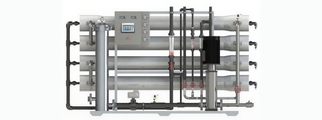
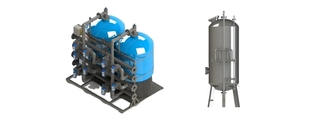
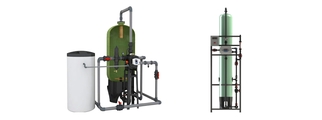
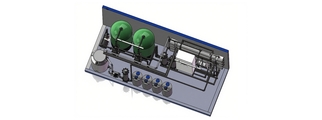
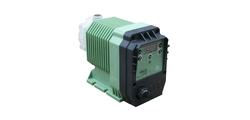
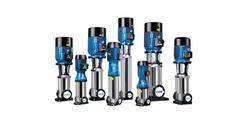
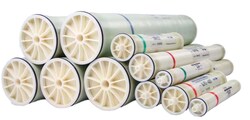
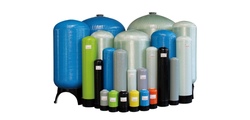
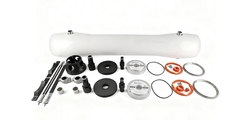
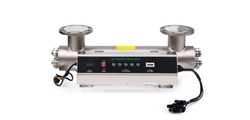
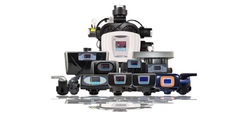
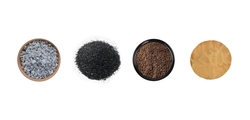
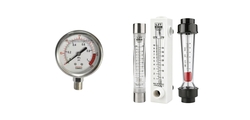
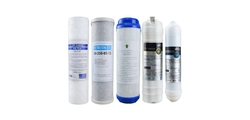
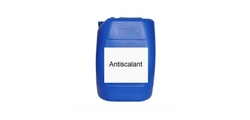
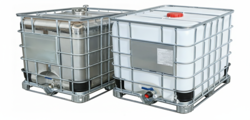




AQUALITEK- Aimee Hoo
AQUALITEK - Aimee Hoo